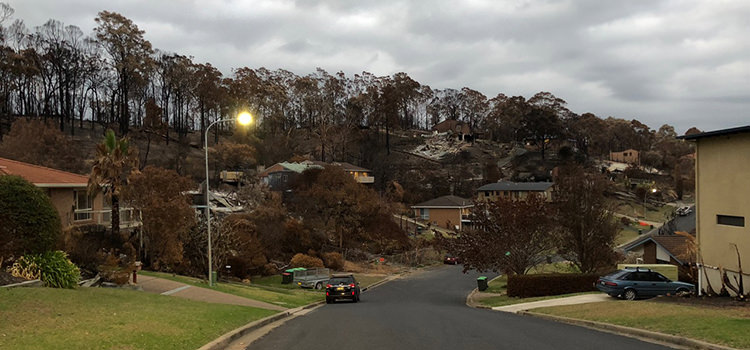Are we Forgetting Something?
There is no disputing that aviation plays a vital role in our firefighting capability, but is the state government spending too much time and taxpayers money developing RFS capability whilst they are neglecting the simple principles of mitigation, early detection and suppression using their vast network of volunteer firefighters on the ground.
When it comes to fire suppression, the VFFA is not convinced that large fixed wing aircraft are the answer. We do support using smaller fixed wing aircraft and helicopters for transportation of remote area fire teams (RAFT) and to support ground crews with aerial suppression activities.
With reference to fixed wing aircraft, it should be noted that a fire retardant drop using a DC10 (Very Large Air Tanker – VLAT) costs us $45,000 per drop. Operation of helicopters for firefighting activities is significantly cheaper.
Whilst we acknowledge that this helicopter aquisition has the potential to enhance the states remote area response reach and capability, but we must not neglect the resources that we already have.
It has also been suggested that the money could have been invested into fire towers and early detection systems that have the potential to alert firefighters of a fire before it becomes too large.
The Sky’s the Limit – It’s a Different Story if you need a Shed









